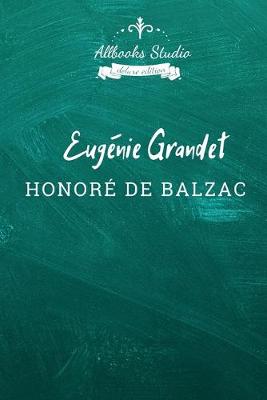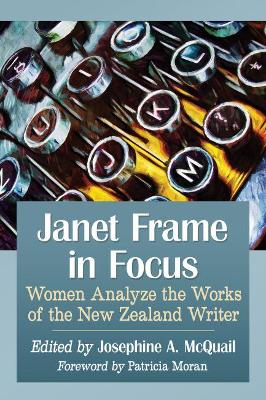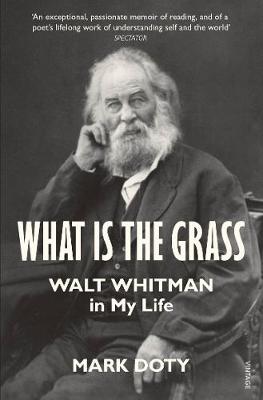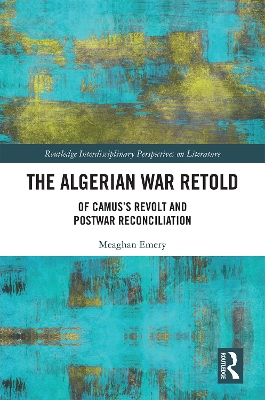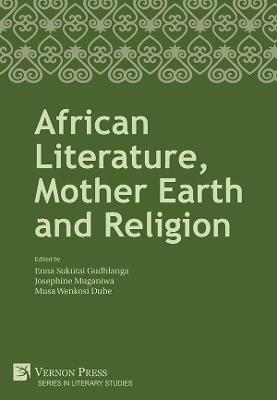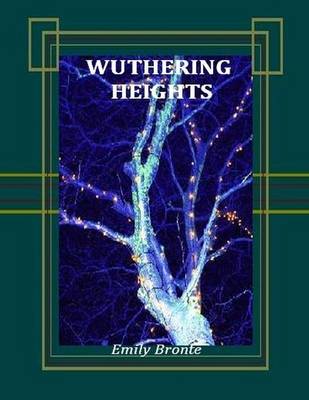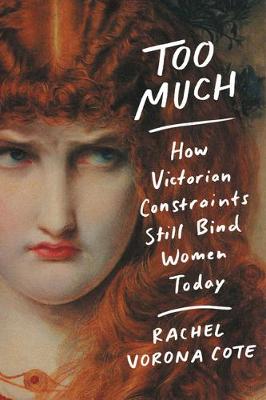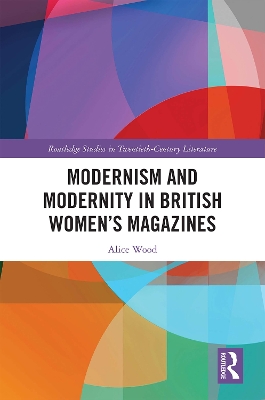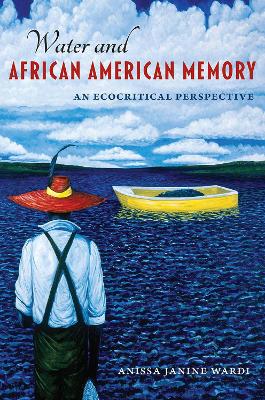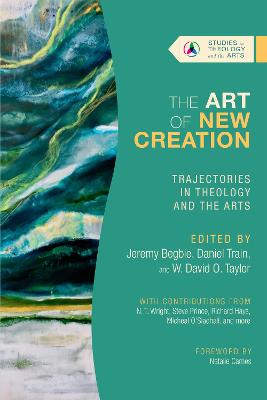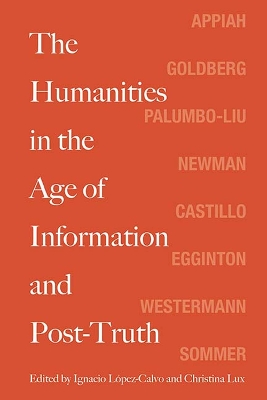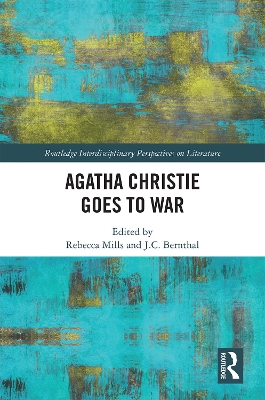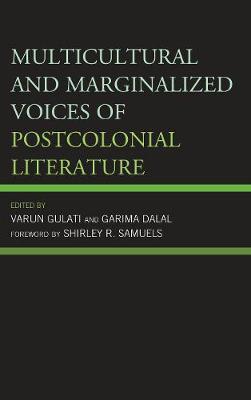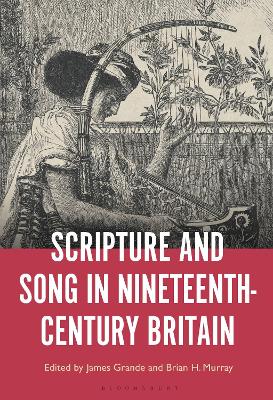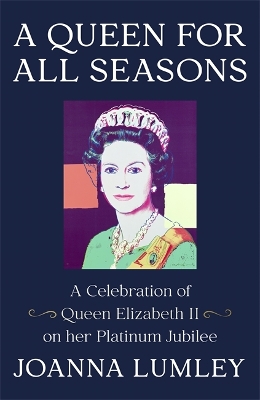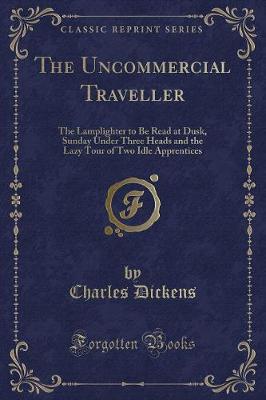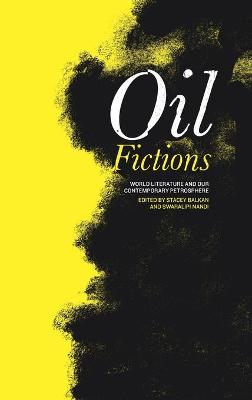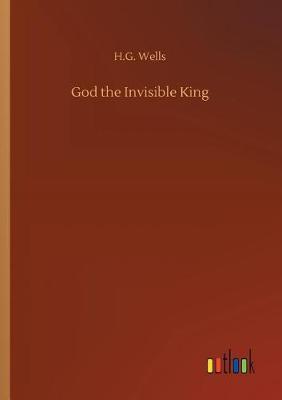Eugénie Grandet (Scenes de la Vie de Province, #2) (Petits Classiques Larousse Texte Integral, #88)
by Honore de Balzac
Depicting the fatal clash between material desires and the liberating power of human passions, Honore de Balzac's Eugenie Grandet is translated with an introduction by M.A. Crawford in Penguin Classics. In a gloomy house in provincial Saumur, the miser Grandet lives with his wife and daughter, Eugenie, whose lives are stifled and overshadowed by his obsession with gold. Guarding his piles of glittering treasures and his only child equally closely, he will let no one near them. But when the arri...
The reputation of Janet Frame, modern New Zealand writer, languishes. [Janet Frame] will bring more recognition to Frame. Among its well-known contributors are Patricia Moran, Suzette A. Henke and Claire Bazin. The collection truly has a global reach, with professors in the U.S., England, France, and Australia, and all of the essays are written by women. Given Frame's opposition to patriarchy and preoccupation with "Womanly" language and feminist themes, women bring a unique point of view to ana...
'Marvellous. He sends you straight back to the text, makes you feel like you're returning to an old love' GuardianWhat does it mean to be a self?Mark Doty has always felt haunted by Walt Whitman's bold, new American voice, and by his equally radical claims about body and soul. In What Is the Grass keeps company with Whitman and his mutable, landmark work, Leaves of Grass, tracing the resonances between his own experience and the legendary poet's life and work.What is it, then, between us? Whitma...
The Algerian War Retold (Routledge Interdisciplinary Perspectives on Literature)
by Meaghan Emery
The Algerian War Retold: Of Camus’s Revolt and Postwar Reconciliation focuses on specific aspects of Albert Camus’s ethical thought through a study of his writings in conjunction with late 20th- and early 21st-century works written by Franco-Maghrebi authors on the topic of the Algerian War (1954-1962). It combines historical inquiry with literary analysis in order to examine the ways in which Camus’s concept of revolt -- in his novels, journalistic writing, and philosophical essays -- reverbera...
African Literature, Mother Earth and Religion (Series in Literary Studies)
Vladimir Sorokin's Discourses (Companions to Russian Literature)
by Dirk Uffelmann
Vladimir Sorokin is the most prominent and the most controversial contemporary Russian writer. Having emerged as a prose writer in Moscow's artistic underground in the late 1970s and early 80s, he became visible to a broader Russian audience only in the mid-1990s, with texts shocking the moralistic expectations of traditionally minded readers by violating not only Soviet ideological taboos, but also injecting vulgar language, sex, and violence into plots that the postmodernist Sorokin borrowed f...
Wuthering Heights is the only published novel by Emily Bronte, written between October 1845 and June 1846[1] and published in July of the following year. It was not printed until December 1847, after the success of her sister Charlotte Bronte's novel Jane Eyre, under the pseudonym Ellis Bell. A posthumous second edition was edited by Charlotte. The title of the novel comes from the Yorkshire manor on the moors of the story. The narrative centres on the all-encompassing, passionate, but ultimatel...
Lacing cultural criticism, Victorian literature, and storytelling together, "TOO MUCH spills over: with intellect, with sparkling prose, and with the brainy arguments of Vorona Cote, who posits that women are all, in some way or another, still susceptible to being called too much." (Esme Weijun Wang) A weeping woman is a monster. So too is a fat woman, a horny woman, a woman shrieking with laughter. Women who are one or more of these things have heard, or perhaps simply intuited, that we are rep...
This book explores responses to the strangeness and pleasures of modernism and modernity in four commercial British women’s magazines of the interwar period. Through extensive study of interwar Vogue (UK), Eve, Good Housekeeping (UK), and Harper’s Bazaar (UK), Wood uncovers how modernism was received and disseminated by these fashion and domestic periodicals and recovers experimental journalism and fiction within them by an array of canonical and marginalized writers, including Storm Jameson, Ro...
This anthology is a thorough introduction to classic literature for those who have not yet experienced these literary masterworks. For those who have known and loved these works in the past, this is an invitation to reunite with old friends in a fresh new format. From Shakespeare s finesse to Oscar Wilde s wit, this unique collection brings together works as diverse and influential as The Pilgrim s Progress and Othello. As an anthology that invites readers to immerse themselves in the masterpiec...
In Building Natures, Julia Daniel establishes the influence of landscape architecture, city planning, and parks management on American poetry to show how modernists engaged with the green worlds and social playgrounds created by these new professions in the early twentieth century. The modern poets who capture these parks in verse explore the aesthetic principles and often failed democratic ideals embedded in the designers' verdant architectures. The poetry of Carl Sandburg, Wallace Stevens, Wil...
In this study of the prose fiction of Das Junge Deutschland, the internal stresses and paradoxes of specific texts are examined and special attention is devoted to the unfulfilled strivings toward realism. Following an introduction to the young German problem, with special reference to Wienbarg, there are essays on Gutzkow, Mundt, Kuhne, and, as a contrast, the major novels of Immermann. The essays attempt to enhance the understanding of the post-Romantic crisis in German literature.
While there is no lack of scholarship on the trans-Atlantic voyage and the Middle Passage as tropes in African diasporic writing, to date there has not been a comprehensive analysis of bodies of water in African American literature and culture. In Water and African American Memory, Anissa Wardi offers the first sustained treatise on watercourses in the African American expressive tradition. Her holistic approach especially highlights the ways that water acts not only as a metaphorical site of t...
The biblical themes of creation and new creation are inextricably bound to each other. For the God who created the world is the same God who recreates humanity in Jesus Christ and the same God who promises a new heaven and a new earth. How might the relationship between creation and new creation be informed by and reflected in the arts? This volume, based on the DITA10 conference at Duke Divinity School, brings together reflections from theologians, biblical scholars, and artists to offer insigh...
The Humanities in the Age of Information and Post-Truth
The essays in The Humanities in the Age of Information and Post-Truth represent a defense of the social function of the humanities in today's society. Edited by Ignacio Lopez-Calvo and Christina Lux, the volume explains different ways in which the humanities and the arts, beyond their intrinsic and nonfunctional value, may be a valuable tool in our search for social justice, human empathy, freedom, and peace, all the while helping us answer many of the twenty-first century's big questions. Some...
Agatha Christie Goes to War (Routledge Interdisciplinary Perspectives on Literature)
Agatha Christie has never been substantially considered as a war writer, even though war is a constant presence in her writing. This interdisciplinary collection of essays considers the effects of these conflicts on the social and psychological textures of Christie’s detective fiction and other writings, demonstrating not only Christie’s textual navigation of her contemporary surroundings and politics, but also the value of her voice as a popular fiction writer reflecting popular concerns. Agath...
Women and the word marginalization have never remained oxymoronic - the cross-cultural texts and Engels interest on subjugation make a perfect recipe for this incongruity. Multicultural and Marginalized Voices of Postcolonial Literature traces multifarious facets of marginalized literature across the world, giving a brilliant overview of the historical roots of multiculturalist and marginalized sections. The fourteen chapters relate key literary and cultural texts and cover a broad spectrum of h...
This volume brings together new approaches to music history to reveal the interdependence of music and religion in nineteenth-century culture. As composers and performers drew inspiration from the Bible and new historical sciences called into question the historicity of Scripture, controversies raged over the performance, publication and censorship of old and new musical forms. From oratorio to opera, from parlour song to pantomime, and from hymn to broadside, nineteenth-century Britons continua...
'Lovely... delivers the warmest of glows' - Telegraph'Who wouldn't love this chocolate-box delight of insights and snapshots of The Queen...A treasure chest' - Good HousekeepingA sparkling celebration of our much-loved Queen Elizabeth II for her Platinum Jubilee including special writings and illuminating insights around key moments in her 70-year reign, introduced and edited by her biggest fan Joanna Lumley.In 2022 Queen Elizabeth II celebrates seventy years as Queen and Head of the Commonweal...
Oil Fictions (AnthropoScene)
Oil, like other fossil fuels, permeates every aspect of human existence. Yet it has been largely ignored by cultural critics, especially in the context of the Global South. Seeking to make visible not only the pervasiveness of oil in society and culture but also its power, Oil Fictions stages a critical intervention that aligns with the broader goals of the energy humanities. Exploring literature and film about petroleum as a genre of world literature, Oil Fictions focuses on the ubiquity of oi...
This book sets out as forcibly and exactly as possible the religious belief of the writer. That belief is not orthodox Christianity; it is not, indeed, Christianity at all; its core nevertheless is a profound belief in a personal and intimate God. There is nothing in its statements that need shock or offend anyone who is prepared for the expression of a faith different from and perhaps in several particulars opposed to his own. The writer will be found to be sympathetic with all sincere religiou...
